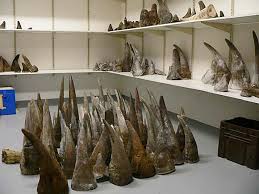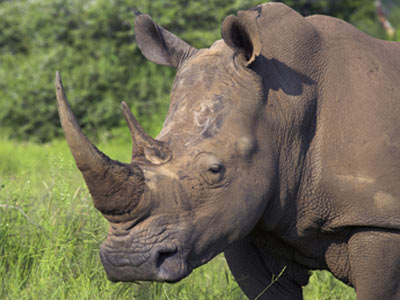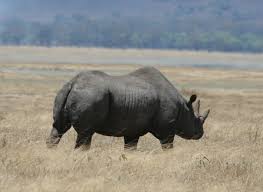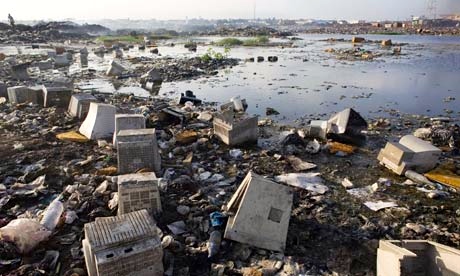Endangered! – Extended Until March 3
ENDANGERED! Extended to March 3, 2017 ©Nick Brandt, Ranger with Tusks of Killed Elephant, Amboseli, 2011 Courtesy of the artist and Edwynn Houk Gallery, New York and Zurich John Jay College – President’s Gallery Haaren Hall, 899 Tenth …







